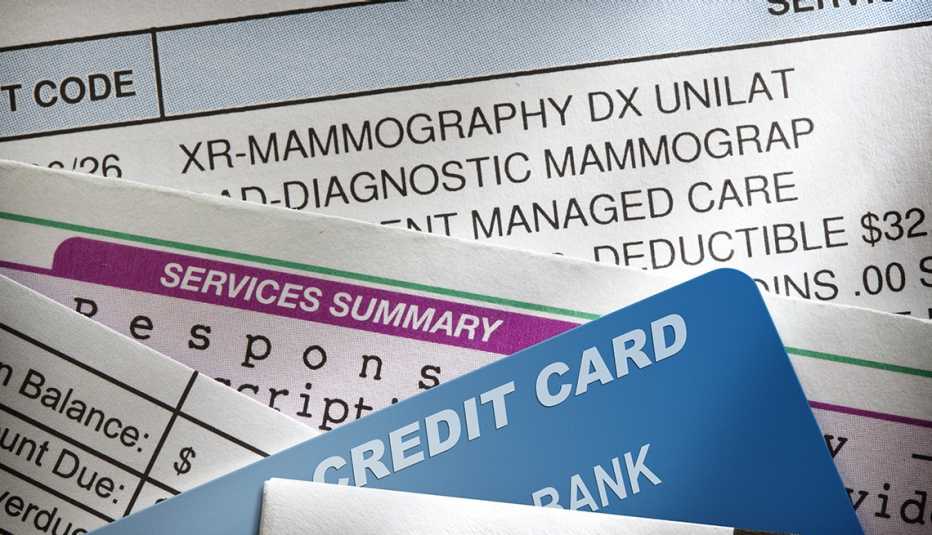Staying Fit
Your credit standing has a major impact on many aspects of your financial and personal life.
Having great credit carries benefits like getting lower-rate loans, easier approval to rent property and better car insurance rates. So it pays to stay on top of your credit — and of the ways credit scoring is constantly evolving.
Here are four big changes you need to know about credit reports and credit scores.


AARP Membership— $12 for your first year when you sign up for Automatic Renewal
Get instant access to members-only products and hundreds of discounts, a free second membership, and a subscription to AARP the Magazine.
1. Most medical debt removed from credit reports
Since mid-2022, the three main credit bureaus — Equifax, TransUnion and Experian — have taken a series of steps that drastically changed how medical debt is treated on Americans’ credit reports.
Among the changes:
- Paid medical collection debt — bills that were turned over to a collection agency but eventually satisfied — no longer appears on consumers’ credit reports. This step took effect July 1, 2022.
- Consumers now have a full year to work out insurance or billing issues before unpaid medical debt gets reported on their credit files. Before July 1, 2022, this grace period was six months.
- As of April 2023, the credit bureaus omit all medical collection debt under $500 from credit reports.
The credit bureaus say these changes will remove roughly 70 percent of medical collection debt from consumer credit reports. That’s sure to be a welcome relief for the tens of millions of Americans who have an estimated $88 billion in medical debt on their ledgers, according to a February 2022 report from the Consumer Financial Protection Bureau.
“These are very significant changes to credit reports because so many people have suffered with this problem,” says Beverly Harzog, credit card expert and consumer finance analyst for U.S. News & World Report.
“Negative information about medical debt can really bring down your credit score a lot,” Harzog adds. “These changes are really going to help a lot of people boost their credit score and help them get back on track.”



































































